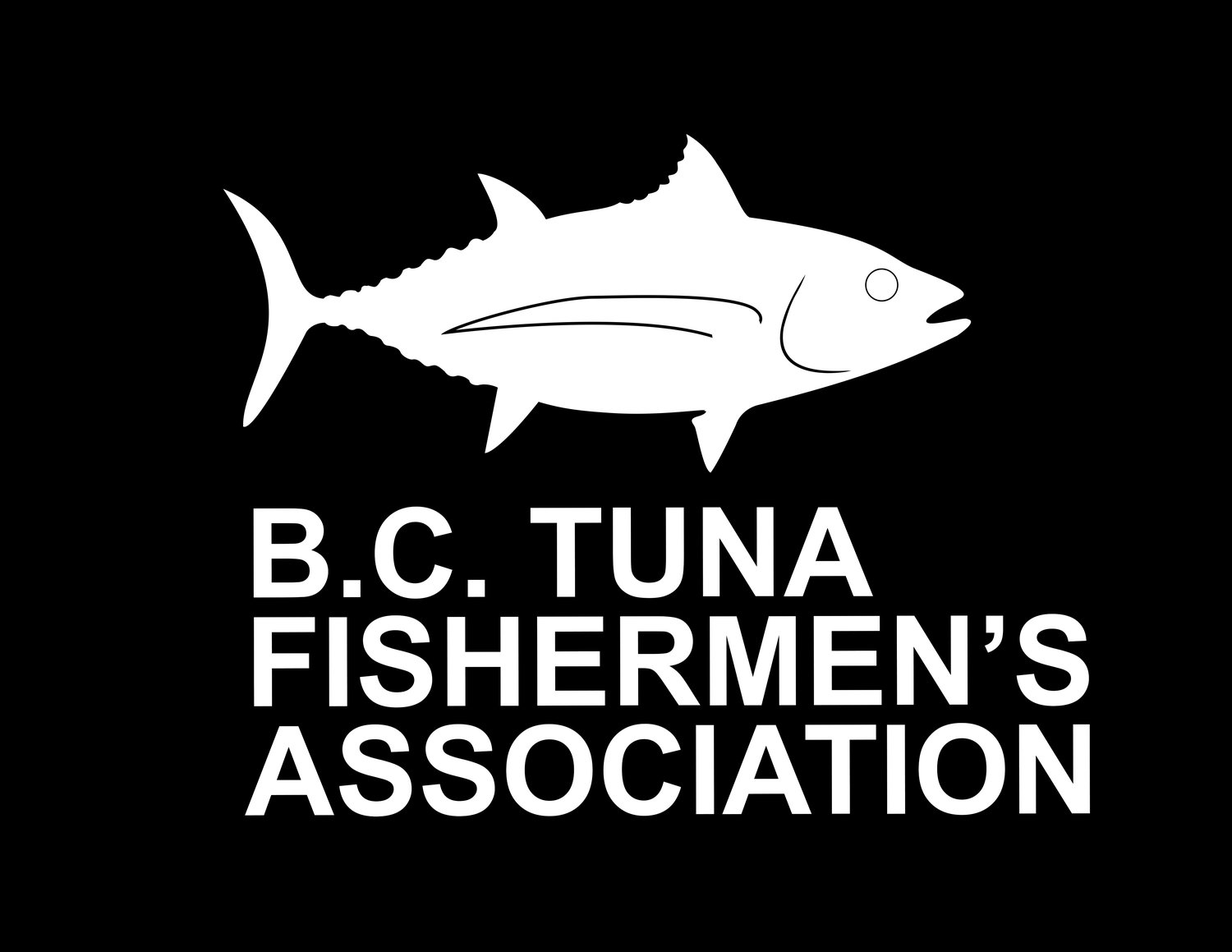ERIKA WILLIAMS Courthouse News Service
(CN) – Representing large net-fishing vessels in the Pacific Ocean, the American Tunaboat Association filed a lawsuit Wednesday claiming government fishery regulators left industry experts in the dark about a forthcoming biological opinion that could limit commercial tuna operations.
The complaint, filed by Baker Botts attorney Megan Berge in Washington, D.C., federal court, names as defendants Commerce Secretary Wilbur Ross, the National Oceanic and Atmospheric Association and the National Marine Fisheries Service, or NMFS.
According to the lawsuit, NMFS is preparing a biological opinion that could impose new permit requirements and limits on tuna fishery operations in the western and central Pacific Ocean, and the American Tunaboat Association says it was denied the ability to provide input during an informal phase of the assessment process.
The fishing advocacy group claims the NMFS violated the Administrative Procedure Act by not allowing it to review any drafts or provide first-hand, expert recommendations for the developing opinion that could directly impact its members.
Biological opinions are approved by government agencies under the Endangered Species Act and can be used to set limits on the number of protected species “taken,” or harvested, by fishing vessels. This limit and the permit process required for some exceptions especially impacts members of the American Tunaboat Association, who use a purse seine method of fishing skipjack and other tuna species in the western and central Pacific Ocean.
Purse seine fishing is the controversial practice of deploying a large wall of netting that encircles a school of fish, according to the National Oceanic and Atmospheric Association. This method has been known to entangle unlucky species that may be endangered or threatened.
Multiple protected species reside in the western and central Pacific Ocean, including loggerhead sea turtles and Hector’s dolphins.
There are currently about 31 vessels participating in the fishery operation, over half of which are certified as sustainable by the Marine Stewardship Council, the complaint says. All of these ships and skippers need to comply with NMFS regulations to participate in the fishery.
The American Tunaboat Association says it discovered that NMFS consultation for the new biological opinion was well underway only after its members participated in a webinar series last September.
The new opinion would entirely replace current regulations that were set in 2006, the group says in the complaint, causing uncertainty for its members.
The association claims its application to get involved in the consultation for the biological opinion was rejected.
“Profit margins can be, and often are, razor thin for some ATA-member vessels. For these members especially but also for all other ATA members, the findings, conclusions and measures NMFS will adopt in its new BiOp are of utmost importance,” the complaint states. “ATA and its members are thus insisting that NMFS affords them their due applicant status and rights to ensure that the agency appropriately considers industry expertise and produces a legally defensible BiOp.”
To read the full article click on the link below:
https://www.courthousenews.com/tuna-fishermen-say-agencies-rejected-input-on-new-rules/
